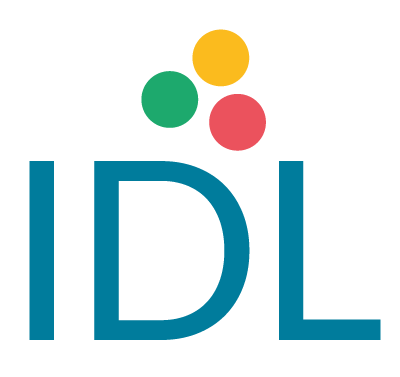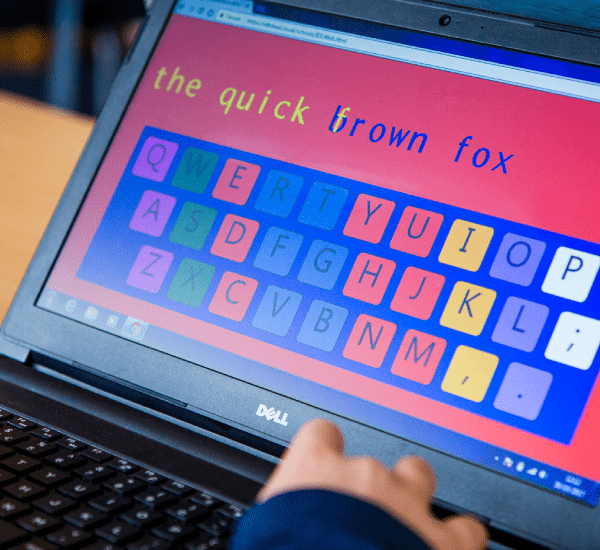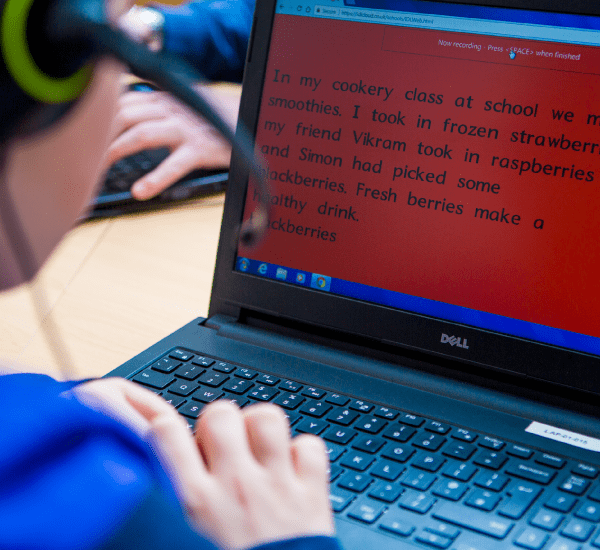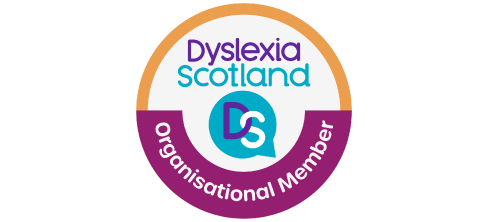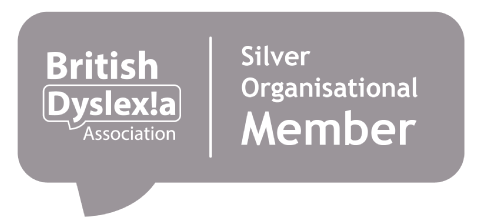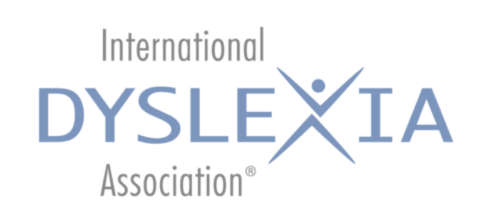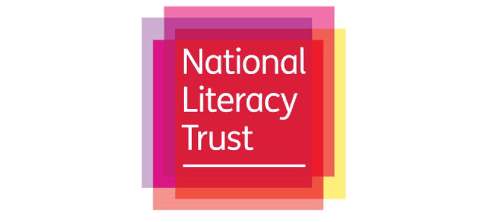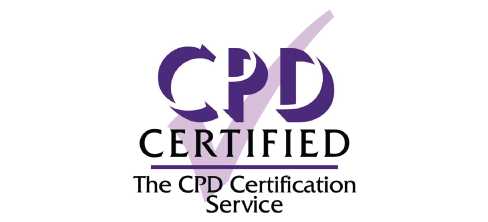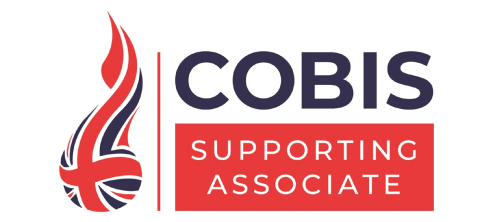Birmingham Council - IDL Literacy Pilot Introduction
After receiving an email from International Dyslexia Learning Solutions (IDL) offering free training, a member of staff attended a session which resulted in IDL delivering a training session to all the teachers with in Birmingham’s Pupil and School Support service on the 20th March 2018. The service liaised with IDL in order to offer an opportunity to Birmingham schools to pilot the IDL programme for a period of ten weeks with a focus on reading and spelling difficulties for Special Educational Needs pupils.
20 schools across Birmingham took part in the IDL pilot study during April to July 2018.
Implementation
Schools were required to make the following commitments in order to take part in the pilot:
- Must commit to training and regular timetabled usage of IDL
- Minimum of 10 pupils to take part
- Had to attend ½ day training session
- Pupils would use IDL for a minimum 4 x 15 minute sessions per week, for a total of one hour per week.
- Schools needed to use the Birmingham Language and Literacy Toolkit to track progress to provide pre and post assessment information.
- Computer and headphones were required with internet access.
All schools attended training on the 17th April 2018. Initial tracking data was submitted on the 23rd April 2018 and final tracking data on the 16th July 2018. Pupils had a maximum time of 10 weeks with access to the programme.
Schools were asked to track pupils using the following threads of Birmingham’s Language and Literacy Toolkit, focusing on the spelling element of the descriptors:
- Reading – Phonics Skills
- Writing – Spelling
- Reading – Understanding (Tracking this was optional)
Of the sixteen schools which completed the pilot successfully thirteen were primary and three were secondary. A further four schools took part but no data was available at the time of writing this report.
Conclusion
The trial of the use of IDL by schools in Birmingham has been a positive one. Given that pupils had a maximum of 10 weeks using the programme the number of pupils who made accelerated progress was high particularly when tracked against the phonic thread. Although the percentage of pupils is higher for making accelerated progress for understanding, this was an optional assessment and the percentages are based on fewer pupils meaning the results are not comparable. The results suggest that this program works well for the majority of pupils who are currently working on targets from Birmingham’s Language and Literacy Toolkit. It also appears that the program has had better results for pupils who are female or have a recorded ethnicity of other Pakistani, Mixed white Caribbean or Gypsy/Roma. Those who are identified as SEN make similar progress to those who are not. Assessment analysis also indicated that the programme had a greater impact on the progress of phonic skills related to reading compared to those with a focus on spelling.
Of the sixteen schools which completed the pilot successfully thirteen were primary and three were secondary.
